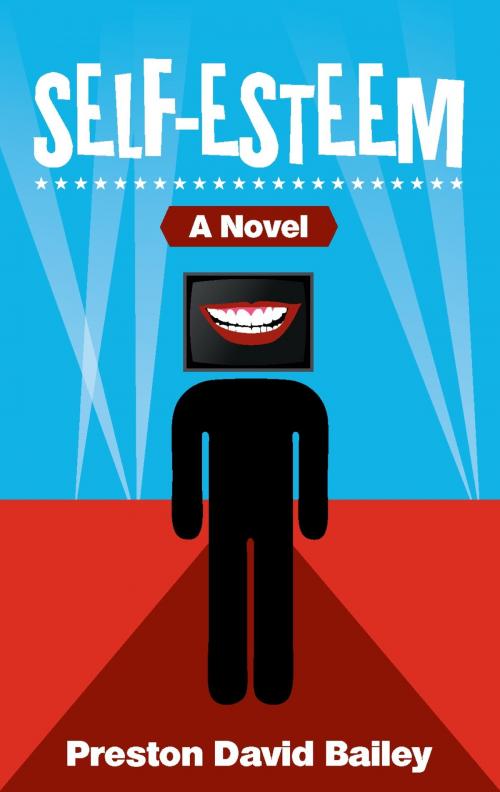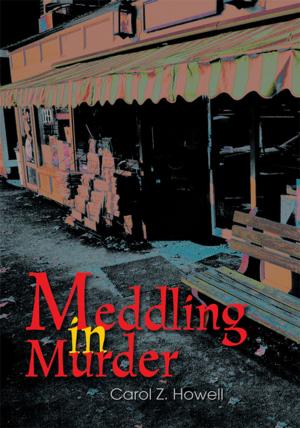| Author: | Preston David Bailey | ISBN: | 9780985966232 |
| Publisher: | Preston David Bailey | Publication: | April 17, 2013 |
| Imprint: | Smashwords Edition | Language: | English |
| Author: | Preston David Bailey |
| ISBN: | 9780985966232 |
| Publisher: | Preston David Bailey |
| Publication: | April 17, 2013 |
| Imprint: | Smashwords Edition |
| Language: | English |
Dr. James Crawford is a miserable failure at everything except telling people how to live, which has made him rich and famous. Now his comfortable life could be coming to an end. Crawford, a failed novelist turned best-selling self-help author, has endorsed The Happy Pappy Show, a children’s TV series with an eerie cartoon-like host touting tidbits of Crawford’s wisdom. When someone claiming to be Happy Pappy leaves Crawford a suspicious package on his doorstep, Crawford’s life begins to come apart. Set against the cultural and political uncertainty of 1990s Los Angeles and written in a cinematic style that reflects the showbiz world of pop psychology, Self-Esteem: A Novel follows a successful self-help guru stuck in a booze-drenched nightmare trying to save his marriage, renew his relationship with his son, end a destructive sexual affair, appease his demanding business partner, and prepare for his most important talk show appearance. But the magnitude of his personal problems fades against the horror of a tormentor that may or may not exist. A dark satire as neurotic as its subject, Self-Esteem: A Novel is an examination of the madness caused by the constant quest for happiness in a consumer culture based on profit rather than results. The novel also ponders what positive influence, if any, the self-esteem movement has on American society, in which self-love and narcissism are sometimes impossible to distinguish.
Dr. James Crawford is a miserable failure at everything except telling people how to live, which has made him rich and famous. Now his comfortable life could be coming to an end. Crawford, a failed novelist turned best-selling self-help author, has endorsed The Happy Pappy Show, a children’s TV series with an eerie cartoon-like host touting tidbits of Crawford’s wisdom. When someone claiming to be Happy Pappy leaves Crawford a suspicious package on his doorstep, Crawford’s life begins to come apart. Set against the cultural and political uncertainty of 1990s Los Angeles and written in a cinematic style that reflects the showbiz world of pop psychology, Self-Esteem: A Novel follows a successful self-help guru stuck in a booze-drenched nightmare trying to save his marriage, renew his relationship with his son, end a destructive sexual affair, appease his demanding business partner, and prepare for his most important talk show appearance. But the magnitude of his personal problems fades against the horror of a tormentor that may or may not exist. A dark satire as neurotic as its subject, Self-Esteem: A Novel is an examination of the madness caused by the constant quest for happiness in a consumer culture based on profit rather than results. The novel also ponders what positive influence, if any, the self-esteem movement has on American society, in which self-love and narcissism are sometimes impossible to distinguish.















